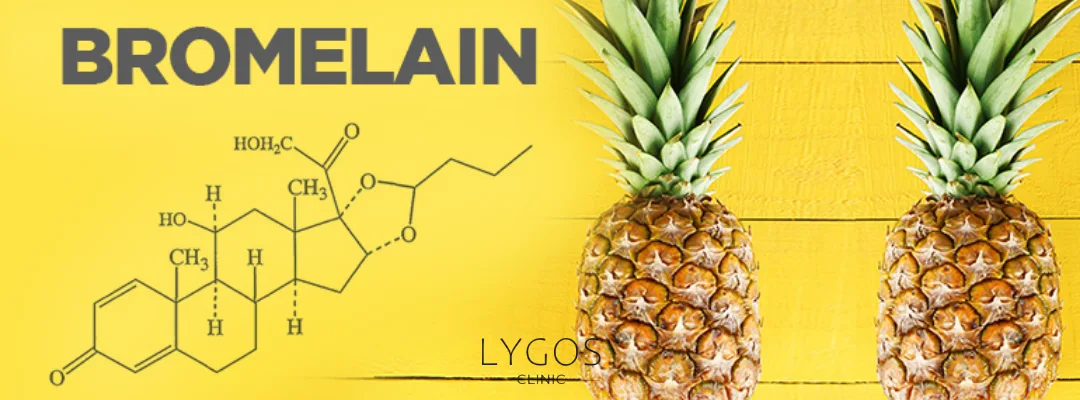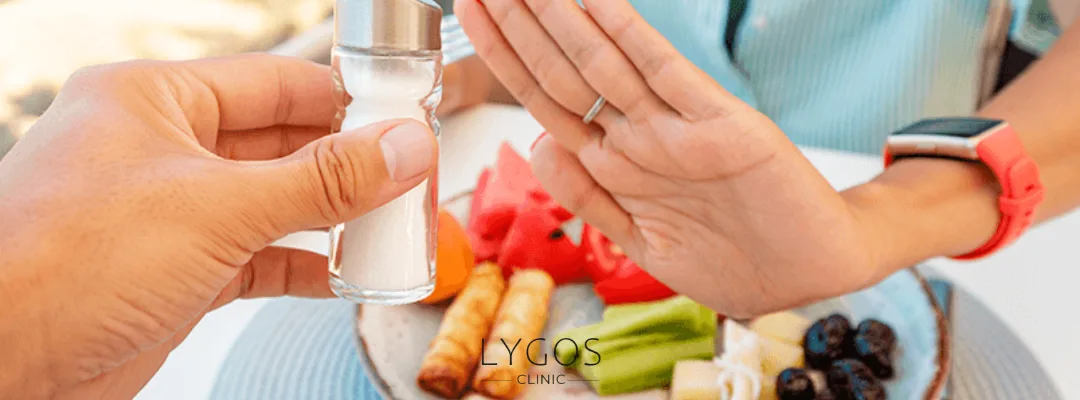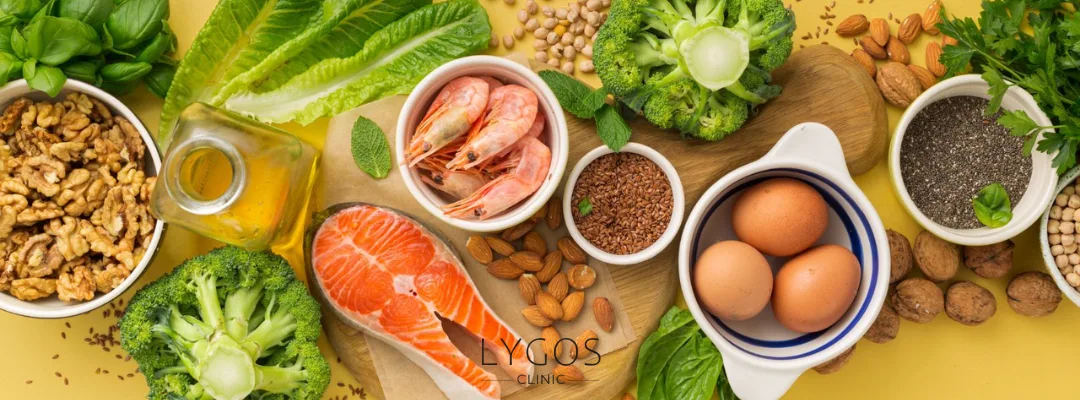Post-Rhinoplasty Edema-Reducing Foods

Chose Your Topic
Post-Rhinoplasty Edema-Reducing Foods
Post-rhinoplasty edema-reducing foods can be effective in minimizing edema, one of the most common issues patients face after surgery. Edema, a natural part of the body’s healing process, can cause swelling and discomfort around the surgical area. However, adopting the right dietary habits and consuming post-rhinoplasty edema-reducing foods can help accelerate this process and reduce swelling. In this article, we will discuss the foods that aid in reducing edema after rhinoplasty.
Why Does Edema Occur After Rhinoplasty?
Edema after rhinoplasty is a natural bodily response in which excess fluid is sent to the area to support tissue healing. This condition occurs due to the dilation of blood vessels and the lymphatic system’s inability to drain excess fluid quickly. Edema is typically more pronounced in the first weeks post-surgery, and factors such as diet, water intake, and salt consumption can influence this process. Post-rhinoplasty edema-reducing foods can play a supportive role in managing this condition.

What Are the Foods That Reduce Edema?
Consuming post-rhinoplasty edema-reducing foods is crucial. Foods rich in antioxidants, potassium, magnesium, and flavonoids contribute to reducing swelling. The following foods can be considered post-rhinoplasty edema-reducing foods:
- Cucumber: Its high water content helps facilitate the removal of excess fluids from the body.
- Pineapple: The bromelain enzyme reduces inflammation and aids in edema reduction.
- Parsley: Known as a natural diuretic, parsley effectively helps eliminate excess fluids.
- Ginger: With its anti-inflammatory properties, ginger reduces swelling and inflammation.
- Pomegranate: Rich in antioxidants, pomegranate boosts circulation and helps minimize edema.
The Effect of Drinking Plenty of Water on Edema
In addition to consuming post-rhinoplasty edema-reducing foods, drinking sufficient amounts of water prevents the body from retaining excess fluids, thus helping to reduce swelling. Drinking at least 2-2.5 liters of water daily enhances the lymphatic system’s efficiency and facilitates the removal of toxins from the body.

Can Reducing Salt Intake Prevent Edema?
Salt causes the body to retain water, leading to increased swelling. Therefore, following a low-sodium diet after rhinoplasty can help edema subside more quickly. Avoiding processed foods, high-sodium packaged products, and fast food is beneficial. Implementing a diet rich in post-rhinoplasty edema-reducing foods can help alleviate swelling.
Can Green Tea and Herbal Teas Reduce Edema?
Herbal teas with natural diuretic properties can accelerate the elimination of excess fluids when consumed alongside post-rhinoplasty edema-reducing foods. Green tea, chamomile tea, hibiscus tea, and ginger tea, in particular, help reduce inflammation and support the healing process.

Do Omega-3 Rich Foods Reduce Edema?
Omega-3 fatty acids positively influence the post-rhinoplasty healing process due to their anti-inflammatory properties. Foods rich in omega-3, such as salmon, walnuts, flaxseeds, and chia seeds, help reduce inflammation and facilitate the quick removal of excess fluids. Adding omega-3-rich foods to a diet featuring post-rhinoplasty edema-reducing foods can support the healing process.
Edema after rhinoplasty can be managed through proper nutrition and lifestyle adjustments. Increasing water intake, reducing salt consumption, consuming post-rhinoplasty edema-reducing foods, and incorporating herbal teas can accelerate this process. Following your doctor’s recommendations and adjusting your diet accordingly will contribute to a more comfortable recovery period. A diet plan enriched with post-rhinoplasty edema-reducing foods can speed up your healing journey.
Post-Rhinoplasty Edema-Reducing Foods Frequently Asked Questions (FAQ)
Swelling after nose surgery is usually more prominent in the first few days. However, with proper nutrition, increased water intake, and diuretic foods, this process can be sped up and the swelling can significantly decrease within 2-4 weeks.
Foods such as cucumber, pineapple, parsley, ginger, and pomegranate, which have diuretic properties, can help reduce swelling after nose surgery.
Salt causes the body to retain water, which can increase swelling. After nose surgery, it is advisable to keep salt intake low and avoid processed foods and foods high in salt to help reduce swelling more quickly.
Herbal teas like green tea, chamomile tea, hibiscus tea, and ginger tea can help reduce swelling. These teas have natural diuretic effects and reduce inflammation, supporting the healing process.


